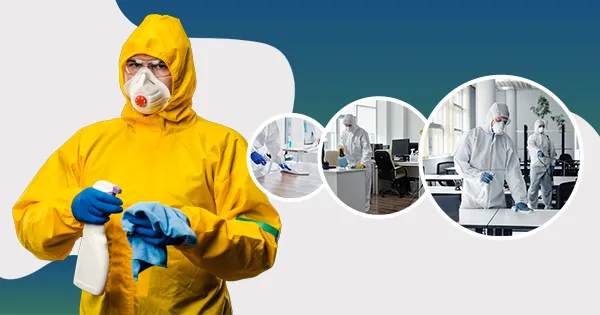Maintaining a clean and hygienic office is essential for employee health and overall productivity. Regular office disinfection reduces the spread of germs, bacteria, and viruses, creating a safer work environment for everyone.
Why Office Disinfection Matters
Employees spend long hours in close contact with shared surfaces such as desks, keyboards, and meeting rooms. Without proper disinfection, these surfaces can harbor harmful pathogens, leading to sickness and increased absenteeism.
Benefits of Professional Disinfection Services
Hiring experts for disinfection cleaning ensures that your office is thoroughly sanitized using industrial-grade solutions. This minimizes health risks and gives your staff peace of mind, encouraging higher productivity.
Enhancing Cleanliness with Office Cleaning Services
Alongside disinfection, regular office cleaning services help maintain a neat and organized workspace. Clean offices improve employee morale and create a positive impression on clients and visitors.
Creating a Healthy Workplace Culture
Implementing a consistent cleaning and disinfection routine demonstrates that employee health is a priority. This proactive approach can reduce sick days and foster a workplace culture centered around wellbeing and safety.
Conclusion
Investing in professional disinfection and office cleaning services is more than just maintenance—it’s an investment in your team’s health and productivity. Prioritizing cleanliness keeps your workforce healthy, motivated, and productive.


